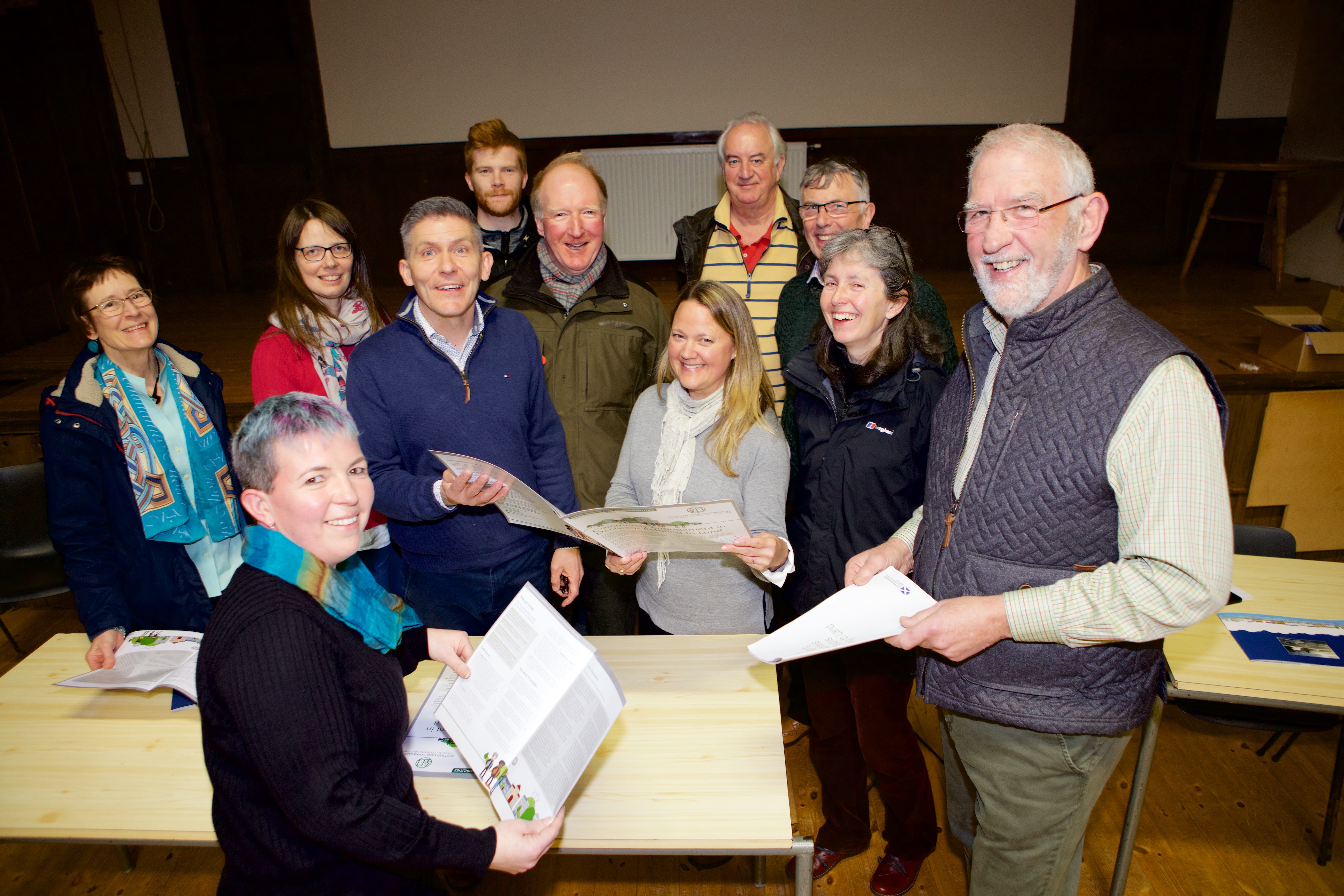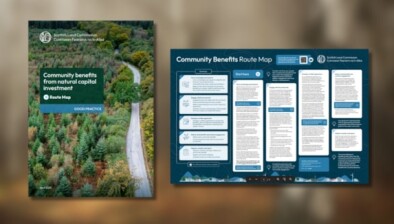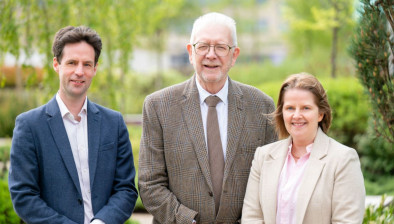Scottish Land Commission launches good practice guide to support land reform
The Scottish Land Commission has today launched a programme of good practice support, backed by a new online resource to help promote good practice in relation to land rights and responsibilities.

The guide will provide tools and guidance as well as training and support for landowners, land managers, communities and individuals.
The ‘good practice programme’ is intended to provide a visible and co-ordinated approach to encourage and enable those with an interest in land to recognise and fulfil their rights and responsibilities in practical ways.
The commission wants the programme to help drive the culture change needed to make more of Scotland’s land.
Helping them to do this will be an advisory group which includes representatives from Community Land Scotland, Development Trusts Association Scotland, National Farmers Union Scotland, Scottish Land and Estates and the Scottish Property Federation.
The advisory group will help to define and prioritise topics for protocols, guidance and training and will be key to developing a programme that will strengthen relationships between everyone with an interest in land and property.
The commission has drawn lessons from the successful experience of the Tenant Farming Commissioner in seeking to influence behaviour, culture and practice.
The programme takes a similar approach that:
- Is based on promoting a fair and reasonable behaviour rather than policing compliance
- Supports people to come to their own decisions and outcomes in a spirit of mutual respect
- Provides a reference point for what is seen as expected and reasonable
- Provides a support with advice and guidance.
The new programme provides straightforward guidance on the practical implementation of the Scottish Government’s Land Rights and Responsibilities Statement (LRRS), setting out clear expectations of what ought to happen in normal circumstances.
Included in the programme will be protocols to guide people and organisations in supporting change and good practice alongside case studies, with explainers and topic papers. They will focus on a wide range of issues including support for compliance with existing and forthcoming land reform legislation.
The first protocol, published earlier this year, on Engaging Communities in Decisions Relating to Land, outlines how genuine engagement benefits both landowners and communities. Tools include a ‘decision map’ detailing engagement methods and what is expected of land owners, managers and communities.
More protocols will be added, with the next topics to cover transparency in relation to land ownership and management and another on land ownership by private trusts.
The programme also launches with a Land Focus paper on Trusts, which explains how different Trusts work and the implications of Trust ownership in realising the wider benefits of land reform, particularly in relation to community engagement and right-to-buy.
Sally Reynolds, Scottish Land Commissioner, said: “Decisions about land ownership, use and management are central to key challenges we are facing including climate action, productivity and a fair economy. We are developing this good practice programme with stakeholders to create a resource that is straightforward and practical. We hope it will be a valued reference point for landowners, land managers and communities.”
By promoting and sharing good practice the commission aims to develop capacity and confidence in good practice among those with an interest in land in both rural and urban Scotland.
The LRRS is a key step in guiding land reform in Scotland, including matters relating to the ownership, use and management of land and associated rights and responsibilities. It applies to all urban and rural land, buildings and other infrastructure in Scotland, and it is relevant to all the people and communities of Scotland.

















